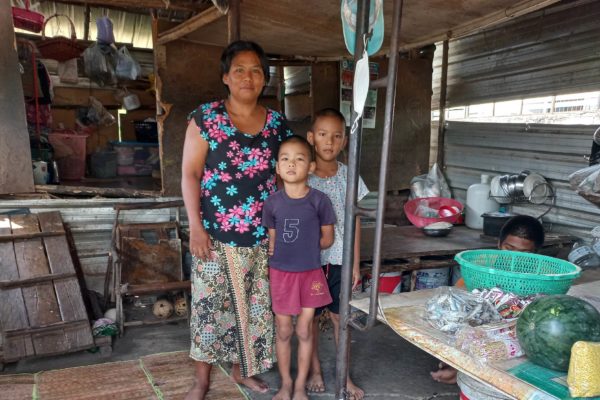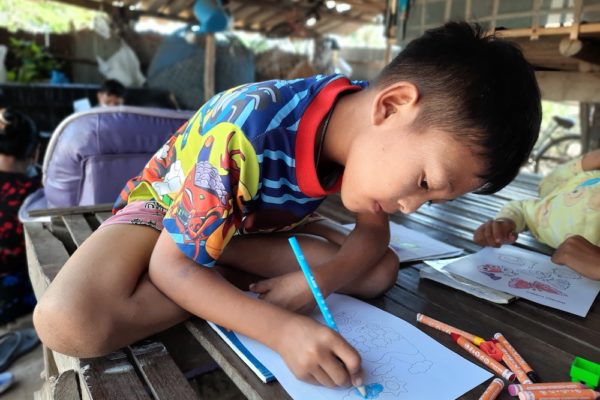Bringing Hope
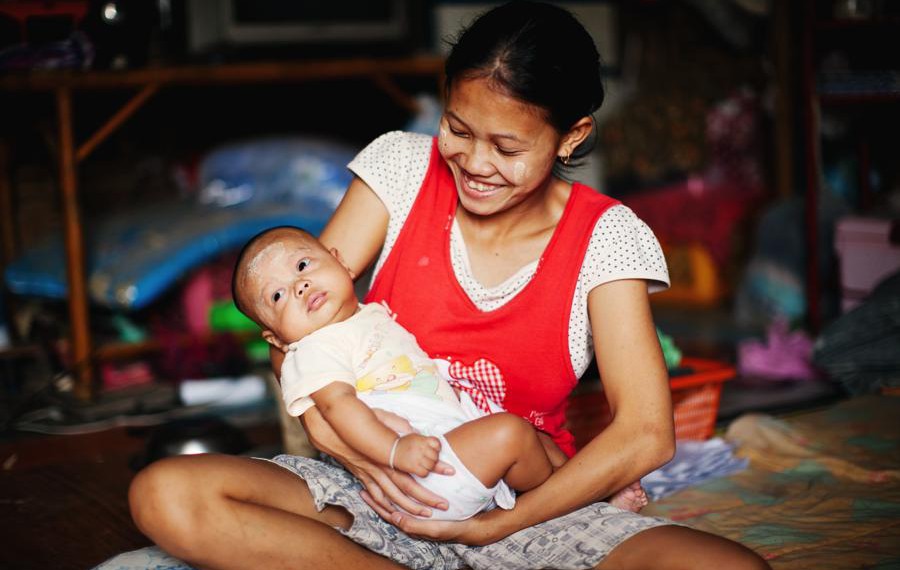
One of the themes of the holiday season, Advent in particular, is hope. But all this past week I’ve been thinking more of the people I’ve met who don’t have any.
It’s hard, for anyone of us raised in the relative affluence of the west to understand what it is to truly have no hope. We’ve always had something to fall back on. Even when it felt like we didn’t, we most likely did. We had dreams.
What is it like to have no hope? I don’t even know if I understand it. My head floods with stories, which I am unable to share in detail because they’re about real people. People that I care about. How do I respect them, and still show you what life is like for them?
All I can do is try to paint the broad strokes without revealing identities.
Here are a few images that stay with me.
A village hidden in a forest. No toilets. Trash is everywhere. A baby eats rice with hands covered in grime from the ground. His 7 year old brother stays home from school to watch him most days, and 2 other little brothers, so their parents can both work and earn a meager living. Their father drinks most of it away, alcoholism has him firmly in it’s grip. They all hit each other. Husband hits wife, wife hits husband, both hit the children. The children hit each other. They all have scars.
A 5 year old girl with Cerebral Palsy lies on a filthy mat in a dark corner of the house. She can’t even lift her head, and may spend her entire short life in that house, on that mat, because children with disabilities are hidden away out of shame.
A mother keeps putting her tiny malnourished baby to her breast, even though she has nothing to eat, and her husband left her mid pregnancy with 2 other children to feed. The baby has severe disabilities due to jaundice and malnutrition when he was first born.
These are the people we walk beside. I don’t want to make it sound like bringing hope to these desperate situations is a quick fix, because it’s not. We can’t just walk in with resources and a smile and immediately make these complicated situations all better. But we can take the long hard journey of actually being present and working to get at the roots of things, rather than their symptoms, and we do.
We visit children with disabilities every week and our teams massage their little scrawny legs and arms, and encourage them to try new things; encourage their families to try new things too. We get referrals to these families from a wonderful organization with physiotherapists on staff, who have trained our teams to help in this way. We bring weekly nutrition packages into a situation where money is always tight, and caring for the disabled child means someone in the family isn’t working.
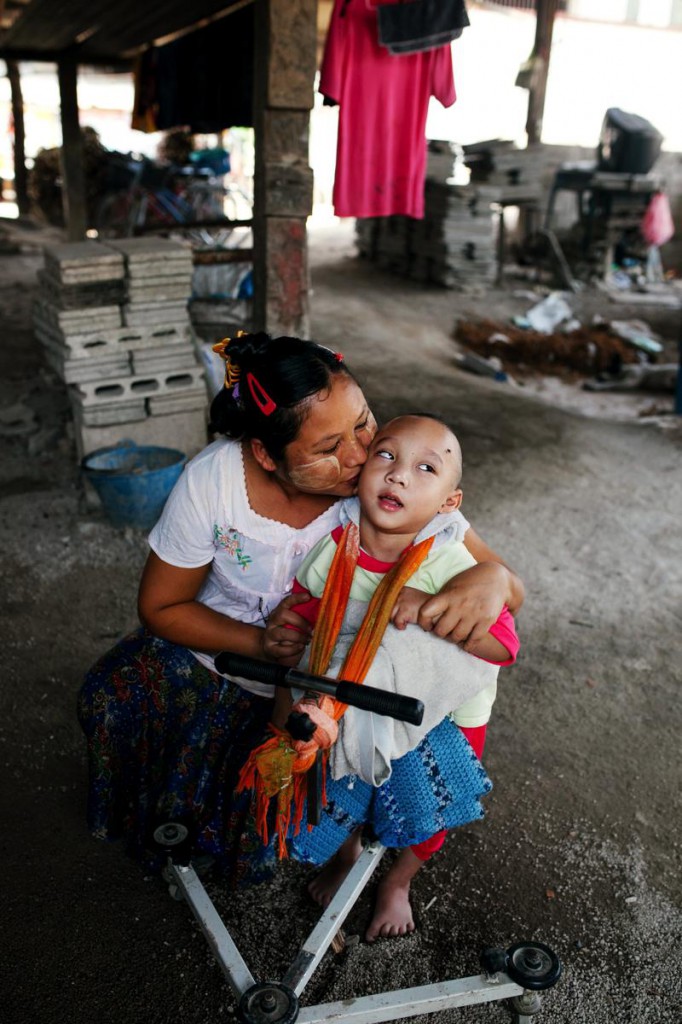
We feed women who are pregnant so their babies are at lower risk for being born with disabilities.
We feed mothers who are malnourished, and drive their babies to the clinic for emergency help.
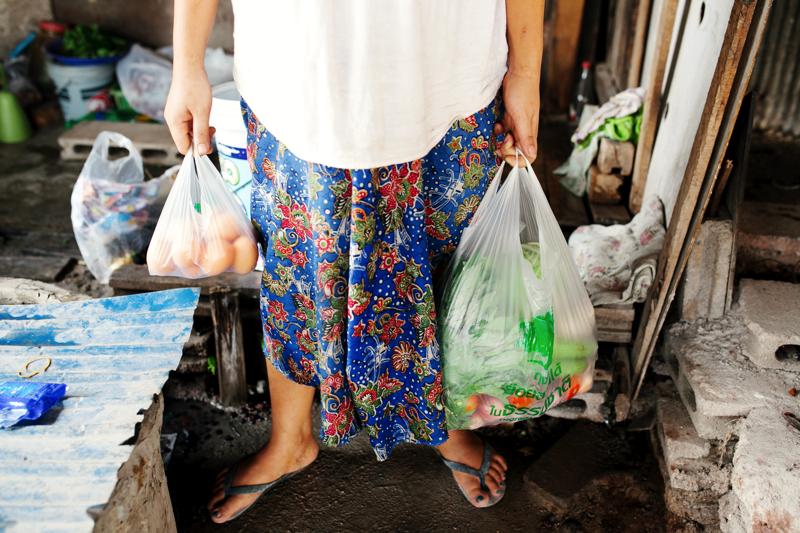
We teach classes on child development, and parenting. We tell parents who have only ever known violence how to stop the cycle of abuse. Parents have told us that they have apologized to their children for hitting them, and that they want to do better. Mothers of older children tell new mothers, “Don’t beat your children. If I had known the damage I was doing I would have stopped myself.”
This process of supporting families is messy, and hard. Not all stories end well. Often we meet someone in need too late. We can’t undo the damage done to a baby by malnutrition or violence. But we walk with the parents through their current reality and provide support for the present situation. And we keep looking to identify those most at risk, to find them soon enough, to prevent what can so easily be prevented.
We keep walking into the many dark places and shining light, because that’s where hope is most needed.
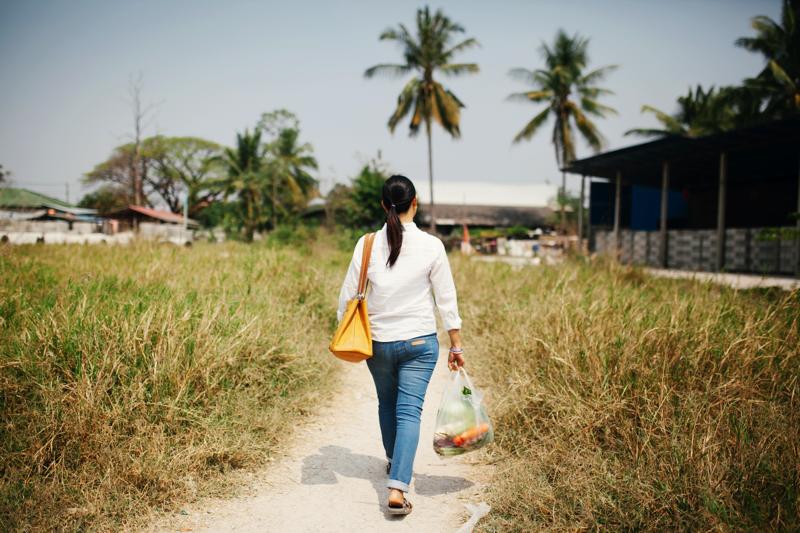
Join us.
In this season of celebration and hope consider sponsoring a family for the coming year.
You can even sponsor or donate in honor of a loved one as an alternative to giving a gift.
Carrien is co-founder of The Charis Project, Family Education Curriculum Developer, and mom of 6.
You can get her free mini-course on Making Your Family More Resilient here.


